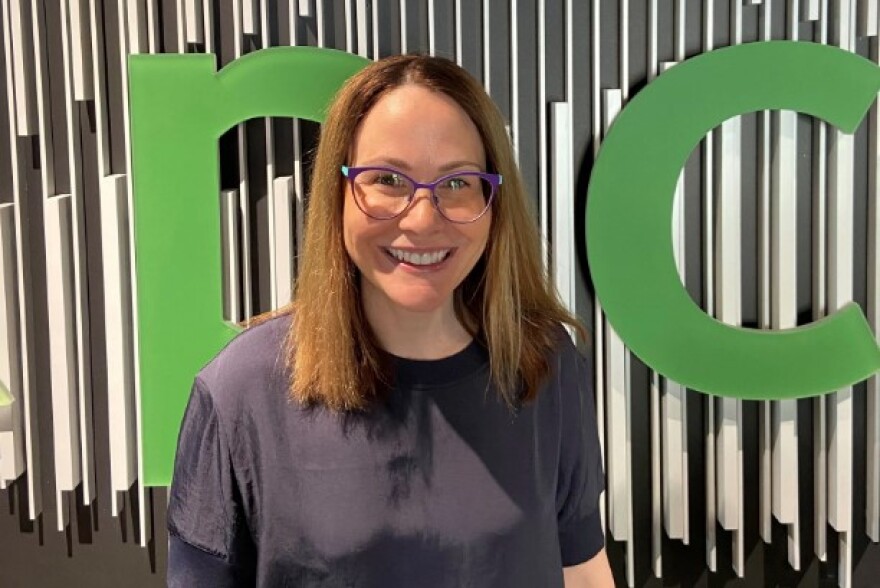The clinic studied whether undocumented immigrants with diabetes can see improved health outcomes through care at a free, non-federally funded healthcare provider, like the People’s Health Clinic.
The People’s Health Clinic only serves those without health insurance, and most of their clients are undocumented.
The study analyzed average levels of blood sugar in 128 uninsured, undocumented Hispanic residents who were a part of the clinic’s Programa de diabetes, which is a comprehensive diabetes treatment program. Data was gathered between October 2020 and October 2021.
Diabetes is a group of diseases that result in too much sugar in the blood, affecting how bodies turn food into energy.
It can lead to people’s bodies not making enough insulin, or stopping cells from responding to insulin, which over time can lead to serious health problems, such as heart disease, vision loss, and kidney disease.
Over 37 million Americans have diabetes, and in the last 20 years, the number of adults diagnosed with the disease has more than doubled, according to the CDC. There is no cure, but healthy eating and an active lifestyle can help.
People’s Health Clinic CEO Dr. Mairi Leining helped author the report, which is unique in that it solely looks at uninsured, undocumented people.
That population faces significant hurdles when it comes to healthcare, such as food insecurity, living below the poverty level, illiteracy, and ineligibility for Affordable Care Act programs and Medicaid.
Leining said another variable adding to difficulties is free time, and the clinic looked into why some patients weren’t making it to their medical appointments.
“We found out it’s because some of them were being labor trafficked, and couldn’t get a day off for 60 days," Leining said.
"We found that others would get fired if they showed up, or that others were depending on a friend of a friend to get a ride. If there was a snowstorm, everyone needed to make money shoveling snow. So when you start to take into all of these different factors, we really had to design a very flexible clinic where patients decided what day and time would be best for them to return on their schedule.”
She said clinic staff conducted home visits and dropped supplies off at workplaces for those really in a squeeze.
They also worked in partnership with other local nonprofits. Patients screened for food insecurity were referred to the Christian Center’s food bank, and Holy Cross Ministries helped with applications for patient assistance programs (PAPs).
Overall, they found that their program was a success, as they saw a “significant improvement” in average blood sugar levels despite the long list of public health barriers.
Leining said her goal with the research is to make undocumented residents a greater part of medical research.
“The undocumented immigrant population is sparsely evaluated in the research," Leining said. "They’re not part of the census data. And unless something is measured, it doesn’t exist. And if it doesn’t exist, I can’t get funding for it.”
She also said she hopes to show that improved health outcomes are a real possibility.
“So in the Latinx culture, there’s this concept of fatalismo, like fatalism — once diagnosed with diabetes, you’re not going to get better, you’re going to die from it. There’s nothing anyone can do about it. And so overcoming that with our patients by showing them the reduction in the blood sugar, and our patients feeling much better physically, and the pride that they took in that was very rewarding for us.”
Leining said the paper is the first of many more to come out of the People’s Health Clinic, declaring that it now has a research department.
The diabetes study was published in Acta Diabetologica, Europe’s leading diabetes journal. A link to the full paper can be found here.


